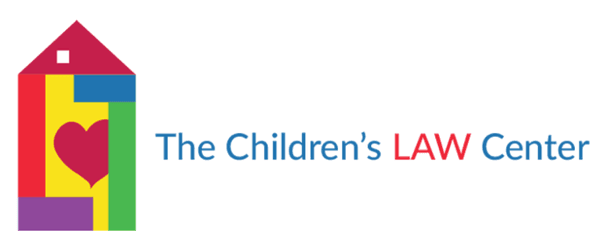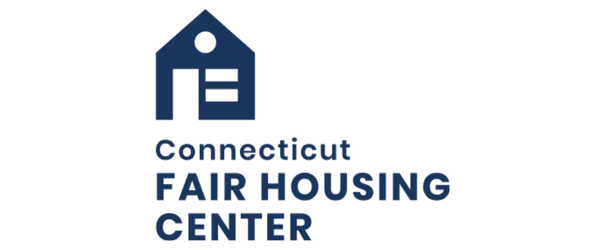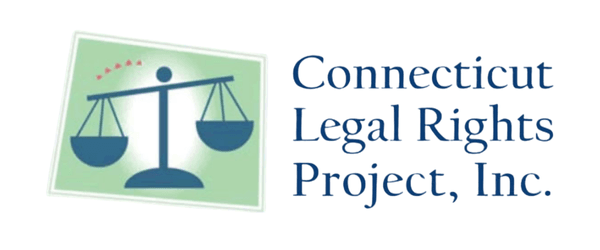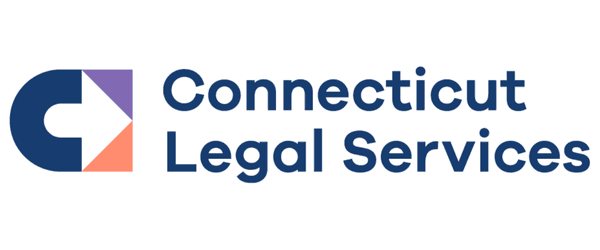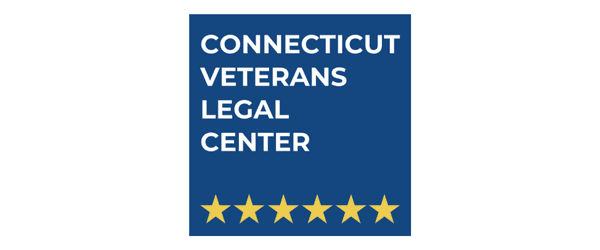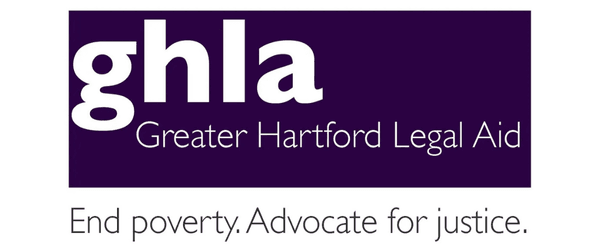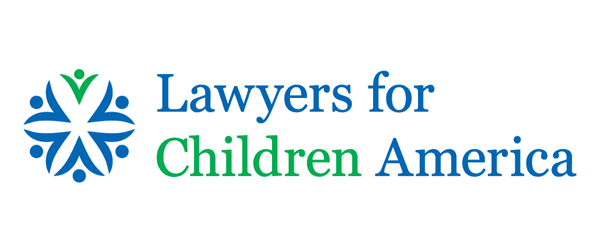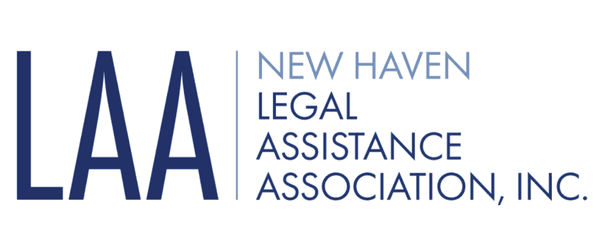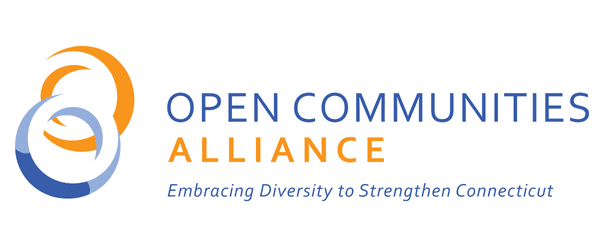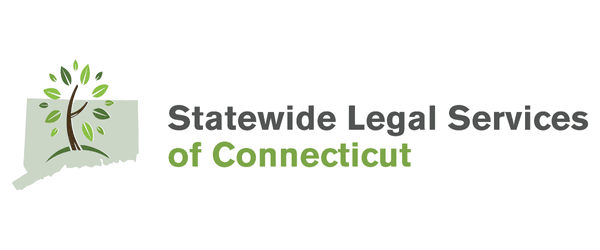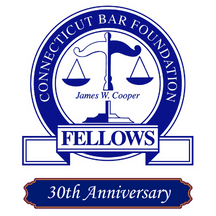
Fellows Spotlight
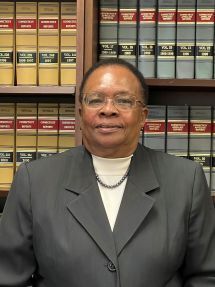
Hon. Juliett L. Crawford (JTR)
Connecticut Superior Court
What inspired your interest in pursuing a career in the legal profession?
My interest in politics was a big part of why I got into the legal profession. When I was a teenager in Barbados, my godfather, who was a dentist, was very involved in politics and he used to take me and his daughter to political rallies. Although at that time, a woman in politics was unheard of, I was fascinated by it. Additionally, I always liked to argue with everyone about everything!
In the 1970’s I lobbied at the state capital primarily on securing protections for the rights of gay individuals in the workplace. (It took twenty years for the first bill to be enacted and Connecticut continues to improve and expand those rights). I also worked as a claims representative at the social security administration, where I made determinations as to whether people met the legal requirements for disability, retirement, or survivors’ benefits.
My first job out of law school was in Washington D.C. as a legislative assistant to then Senator Weicker after being an intern the previous summer. I worked on issues including civil and reproductive rights and responded to constituents’ concerns. Through these experiences I developed a deep appreciation for the connection between the law and how it impacts people’s lives.
What do you enjoy most about being a judge?
I like the responsibility of being “the neutral and detached magistrate” where you have an obligation to be impartial and listen to both sides. I like making sure that those who appear before me can present their side to someone who is listening, applying the law, and trying to be fair. Our decisions have an impact on everyone, whether it’s in civil or criminal court.
I also enjoy the knowledge you acquire along the way and the ability to pass it on to others as a Trial Practice Instructor at Yale Law School, a role model and a mentor.
What are the biggest challenges you have faced in your professional career?
As a prosecutor there is a responsibility to be more than an advocate. You must look at the evidence and decide if there is a crime, for example—some conduct might have been offensive, or even have devastating consequences, like death but there was no crime under the law. That was always a challenge, especially when you have to explain the legal process to victims and why no criminal charges could be brought.
As a judge, you must always be mindful of faithfully executing the law. One of the biggest related challenges is to keep abreast of the changes in the law. Fortunately, this is not an insurmountable challenge.
What do you like about living in Connecticut?
I like the size of Connecticut, especially coming from Barbados, a small island at 166 square miles. D.C. and New York City were too big for me. I don’t like winter, but I just wear a lot of layers. I enjoy the other three seasons, especially summer.
I also like Connecticut’s legal community and the structure of its legal system. I like that judges (excluding probate) are appointed and not elected, because not having to run a political campaign is a plus and it keeps politics out of the courts.
Most of all though, I like basketball! I’m a season ticket holder to the Connecticut Sun (annual birthday present) and UCONN women (annual Christmas present). I played netball in high school, which is similar to basketball, and is played in Barbados, England, and other places around the world.
What community service projects have you participated in and are proud of?
I’ve been a longtime volunteer for Kids Court and Kid’s Court Academy, a program sponsored by CHRO. It’s a pipeline program to help the youth develop an interest in civics and the legal profession. The program includes students writing about various topics, such as lead in the water in Flint, Michigan and then they present and defend what they wrote to a panel of judges. I’m just amazed at where the students are in terms of their analyses and offering solutions to identified problems.
I’ve also volunteered with the Truancy Intervention Program at the Burr Elementary School in Hartford. I met with the students individually, helped identify their issues, (a lot of which were minor) and developed the changes needed. The students would then work with the coordinator to make the changes, which led to improvements in their attendance and grades.
I’m proud to have been involved with the Connecticut Women’s Education and Legal Fund (CWEALF) where I served as the President of the Board of Directors and I’ve also helped with various mock trials and moot court competitions at the law schools.
Why is the CBF Fellows Program special to you?
I like all of the different ideas that come out of the Fellows Education and Program Committee. I’m always amazed at the quality of the many symposia and the commitment the members have to improving legal services in Connecticut.
The Fellows are in different areas of practice, which allows us to bring different perspectives to the programs. That varied experience allows us to broaden our scope and/or “walk a mile in someone else’s shoes.” It allows us to have a broader perspective in analyzing and understanding the impact on a wide range of topics and present high-quality programs.
What has been one of your favorite Fellows programs?
In 2012, I co-chaired with Vanessa Avery the symposium titled the History of Attorneys of Color. This highlighted the accomplishments of minority attorneys in and from Connecticut. Bill Logue prepared a historical timeline which included nationwide historical events. The idea continues in phase two with the History of Attorneys of Color Committee, chaired by Judge Robyn Johnson. They are working on oral histories and a video will premier in 2026.
The other program I really like is the History of Connecticut Women in the Legal Profession, particularly the Women in Black portraits. [Photographer] Isabel Chenoweth has done an amazing job. I was one of the early portraits, back in 2002, and it’s been incredible to see the growth of the number of women who are now on the bench. Isabel started by doing individual portraits and now she’s creating a group portrait of each new class of women judges.
What do you hope for the future of the Fellows program?
It's my hope that the Fellows continue to increase the membership, that people stay involved, and maintain the diversity and variety in programs. Members offer such different ideas and even if a project starts small, it can grow and add so much to the community. That's how you make progress—by inviting people in and letting them highlight what's important to them.
Why is the rule of law important in our society?
It’s always been important, and the Fellows have a role in keeping it that way. As members of the legal profession, we understand and appreciate that the rule of law is what governs us and sets us apart and we must always be vigilant about it. One of the things we must do is to continue to educate people about our laws and legal system. I find sometimes in our discussions and presentations everyone is not talking about the same thing. The Fellows programs have an important role here to provide the same basic information so that the facts are the same and we can then offer our different opinion of those facts.
I’ve been a teacher, a tutor, and I have family members who are teachers. One of the things I think would be helpful would be a program in each state like Sandra Day O’Connor’s online civics program. I’d like to see that adapted and incorporated at the high school level to help teach students about the structures that were put in place to try to get us to a more perfect union—the good, the bad, and the ugly.
Are there any fun facts you'd like to share with the Fellows?
One of my idols is Justice Joette Katz (Life Fellow!), who was named as an Honoree to the Connecticut Women’s Hall of Fame in 2011. In 2017, I was also named an Honoree by the same organization, so it was quite a compliment to follow in her footsteps.
Another fun fact is about growing up in Barbados and some of the influences that came from England as it used to be a British colony. I have a grand-niece and a spouse who are obsessed with the very English Harry Potter series, but the only thing I understand about those stories is that the students at Hogwarts are assigned to houses named after famous wizards, and some, like Hermione and Ron were Prefects, which is like a boss of the class. Barbados, which at one time was called “Little England,” similarly structured its schools. When I was in high school, I was in a house named after the warrior queen Boadicea, and I was also a Prefect…and I played netball – I definitely did not play quidditch!
Note: A prior version of this interview was released without editing or review and contained errors. CBF apologizes for this oversight.


